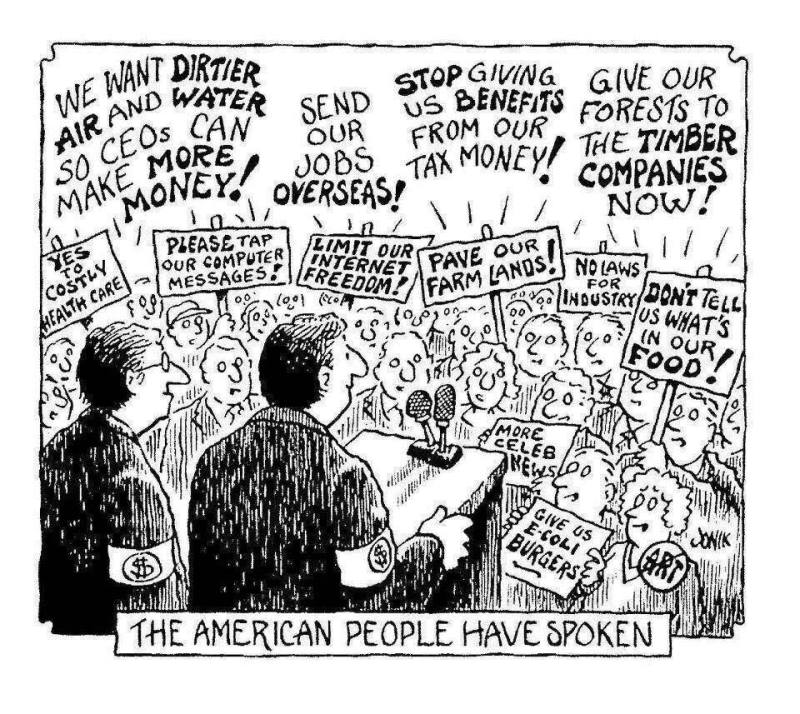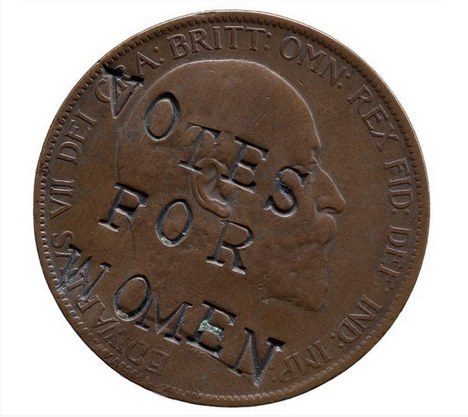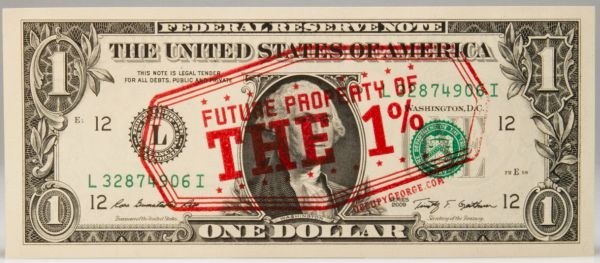“Yesterday yet another person jumped the White House fence. It happened again. On the bright side, at least Michelle Obama is finally getting more Americans to exercise.” – Conan O’Brien
“Maybe people would stop trying to jump the fence if the first lady weren’t taunting us by growing gardens full of that sweet, sweet kale.” – Jimmy Kimmel
“Last night, someone jumped the White House fence again. See, the problem is, if the pizza doesn’t get to Obama in 30 minutes, it’s free. And that comes out of their paycheck.” – Jimmy Kimmel
“A 23-year-old man from Maryland scaled the fence and started running on the White House lawn. He didn’t get very far. He was almost immediately attacked by two Secret Service dogs, which is good news, because I think we finally found a plot for ‘Air Bud 3’.” – Jimmy Kimmel
“Fortunate for the intruder, dog bites are covered under Obamacare, so he will be fine.” – Jimmy Kimmel
“There have been seven fence jumps now at the White House so far this year. Maybe it’s time the president gives Joe Biden a key.” – Jimmy Kimmel
“It’s not just Friday. It’s United Nations Day. The U.N. Is the world’s foremost institution for drafting strongly worded letters.” – Craig Ferguson
“Critics have accused the U.N. of being indecisive. To that, the U.N. replied, ‘Uh, not true’.” – Craig Ferguson
“The stock market is going crazy. Earlier this week, Warren Buffett lost $2 billion. Luckily, Buffett found it this morning under a pile of $8 billion.” – Conan O’Brien
“Scientists found they have evidence that human beings had sex with Neanderthals. Apparently the evidence is any episode of the ‘Real Housewives of New Jersey’.” – Conan O’Brien
“Kenny G caused a controversy. I never get to say that. He tweeted his support of the Hong Kong protesters. Now China’s communist government is mad at him. China has threatened to pull Kenny G’s music out of all of their elevators.” – Conan O’Brien
“An Apple computer built by Steve Jobs in his garage in 1976 sold for nearly $1 million. It makes it the most affordable Apple product currently on the market.” – Conan O’Brien




